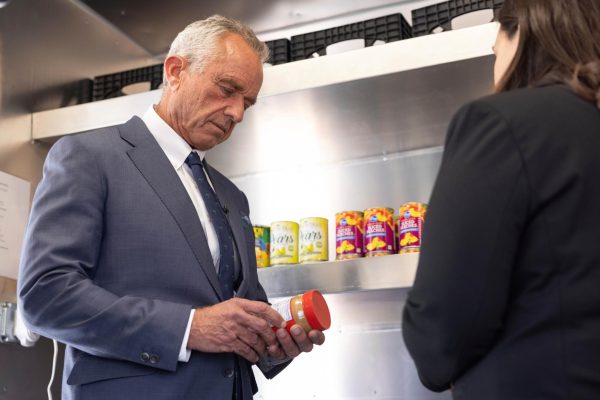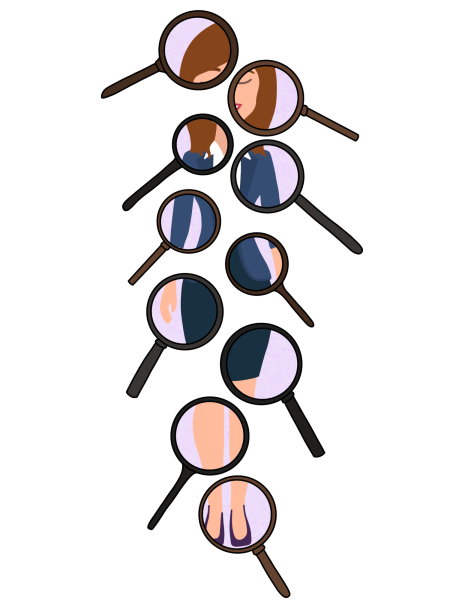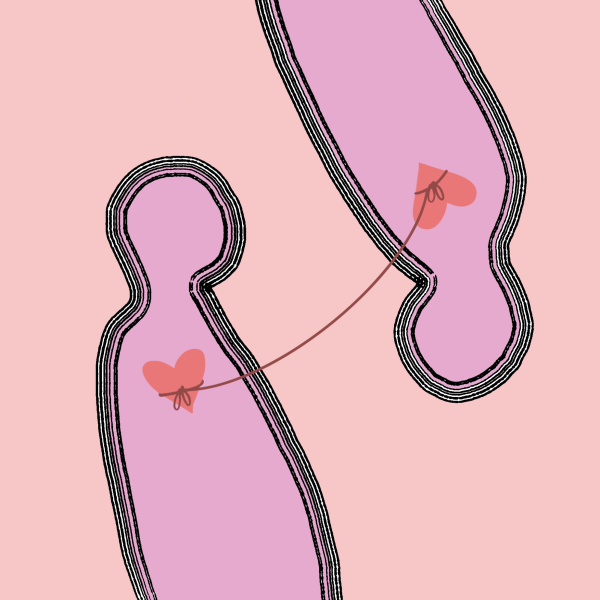Minus the City: “Carpe-Dieming” Valentine’s Day
A national holiday dedicated to expressing your love and appreciation to the important people in your life. Lots of candy and chocolate, pretty flowers, maybe a fancy dinner, possibly even sex. Sounds like the perfect holiday, right? It might sound like the perfect holiday in theory. But in actuality, our understanding of Valentine’s Day is actually pretty flawed. First and foremost, long-term healthy relationships are upheld by a kind of communication that is personal and ongoing, and by actions and words that should not necessarily be shown through consumerism. Even if buying gifts is the way you show affection, this should not be obligated by a single day of the year.
Valentine’s Day is also a holiday when traditional gender roles and heteronormativity are promoted more than usual. Queer couples are significantly underrepresented, with gifts and cards heavily marketed for “her” or “him,” and nothing in between. Not to mention, the holiday idealizes romantic relationships, making those who aren’t in one feel punished and excluded. So what do we do? How do we make Valentine’s Day better? How do we carpe diem Valentine’s Day and turn it into what it should be: a day for people to express love and admiration for the people in their life?
First, it’s important to realize that it’s okay to hate Valentine’s Day and to not want to celebrate it at all. At the same time, it’s okay to love Valentine’s Day and enjoy celebrating. Giving a Valentine’s Day gift to a loved one because you think you HAVE to is probably a good indication that you shouldn’t in the first place. A false expression of love is never a good idea, and has the potential to garner the resentments and unhappiness of an unhealthy relationship. If you’re weary that your partner will get upset with you for not getting them anything, chances are this is already the kind of relationship you do not want to be in, as material items should never validate the integrity of a relationship.
You do not have to be in a relationship to enjoy Valentine’s Day. You do not have to have sex to enjoy Valentine’s day. For a sex-positive university that takes pride in making sure its students are practicing safe sex and instilling the importance of consent, it is easy to forget about the people who simply haven’t had sex yet, or just aren’t even interested in it. While the very open conversation about sex is crucial, it’s important to be inclusive of the people who may even feel pressured to have sex because they aren’t a part of the conversation and feel too inexperienced to even participate in it. When a friend of mine dropped the “I’m a virgin” bomb on a boy she had been talking to for a couple days, he promptly cut things off, using their age difference as an excuse. As a result, her virginity began to feel like a flaw to her rather than something that should be embraced and not rushed. While this boy’s actions are simply not okay and this is a kind of behavior that should be addressed here at Colgate, it is exactly the behavior that is perpetuated by these misinterpretations of what Valentine’s Day should mean.
Valentine’s Day is a celebration of love; the kind of love that has no monetary value, the kind of love that starts with loving yourself. As cliche as it may sound, take this day to practice self-care and self-love. Delve into your passions, do what YOU want to do. Reclaim what you believe Valentine’s Day is supposed to promote and represent. Remember to be safe in doing so.









